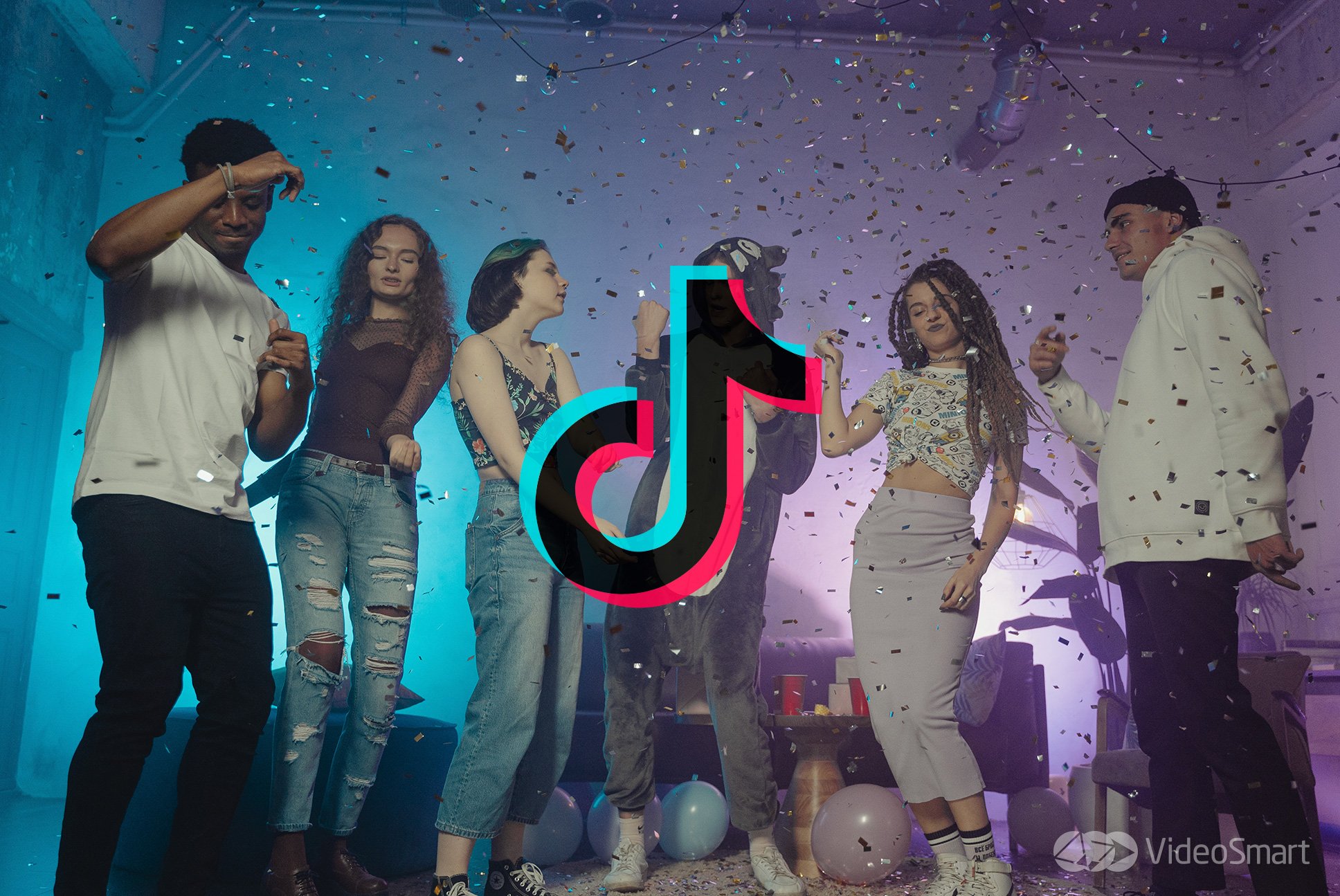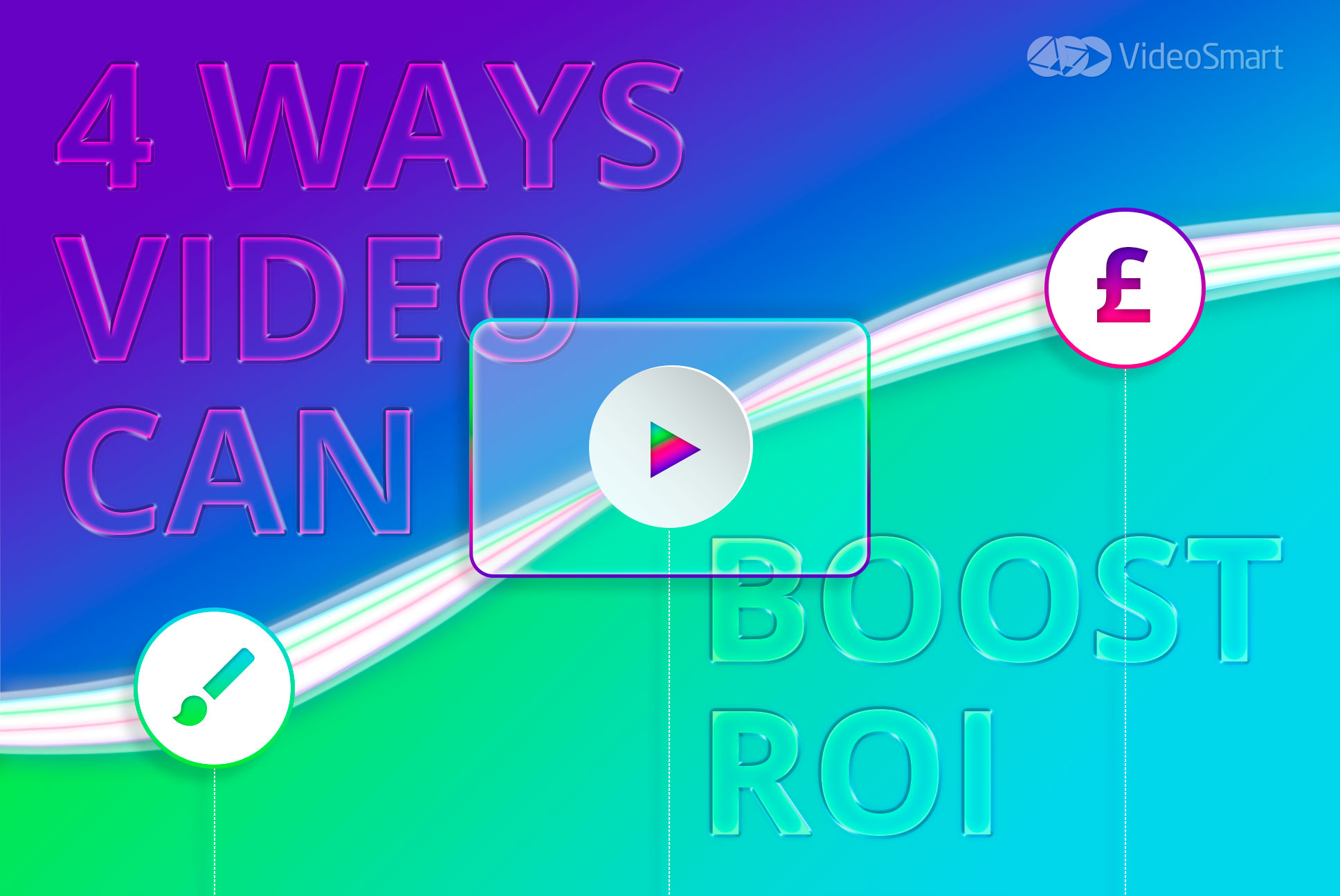The Winner of 2020 is TikTok

What is TikTok?
TikTok is a short-form video social hub of creativity and influence, where users can create 15 second clips of just about whatever they may like and then edit with music, soundbites, special effects or text.
A variety of styles of videos and their subjects have experienced popularity on the app, from scripted comedic routines and pranks, to skincare videos and dance trends. Users have experienced overnight success, quickly becoming an ‘influencer’ or ‘creator’ due to instant virality.

The World Slows, TikTok Grows
Whilst most of the world has either been shut down or set back over the course of 2020, TikTok has encountered the opposite.
Undoubtedly, TikTok is the most talked about content hub of the year, mastered by Gen-Z yet still engaging a much wider demographic. Although created by Chinese entrepreneur Zhang Yiming back in 2012, only this year has the app seen such exponential growth.
From 680 monthly active users in November 2018 the app has nearly tripled in size, reaching around 850 million active monthly users and 2 billion downloads in 2020.
During Q1 of this year alone, the short-form video app received 315 million downloads. The Guardian attributes much of this growth to Covid-19 and the lockdown that came along with it; the statistics are pointing to a year like no other in terms of commercial and social behaviours.
This is exemplified by the fact that UK installations of the app surged by 34% within the first week of lockdown being enforced. The growth does not stop here, however, with TechCrunch predicting an upward trajectory of the app surpassing the 1 billion monthly active users in 2021 joining the likes of Facebook, Instagram, Messenger, WhatsApp, YouTube and WeChat in such a high user base.
In such sudden success, longevity is often the question. Only time will tell if TikTok is to become the next Facebook or Instagram, with years and decades of an established level of success, or the next Vine – similar in its style, it could have the makings of another one hit wonder, you might say.

But Not All Success…
Owned by ByteDance, the platform has notoriously undergone several accusations of data breaching and questions of security since its 2016 launch, and remains banned in India with pending cases elsewhere such as within the U.S. where Trump has called for its ban.
Issues in data protection within social media platforms seem to occur across the board, with Twitter looking to face its first GDPR penalty currently due to a bug in its ‘Protect your tweets’ feature which may have exposed Android users data to the internet since 2014.
A Platform where Authenticity wins
TikTok is the winning platform for authentically engaging and capturing the attention of consumers. Smaller brands experiencing great uplift in sales and brand engagement through organic, unplanned content is proof of this.
There seems to be a shift occurring in consumer preferences, from the long-reigning Instagram feed saturated with overly pristine, contrived and perfected posts, to TikTok’s focus on more authentic content created with the purpose to entertain rather than impress.
It is arguable that a more diverse demographic has experienced success on TikTok, this preference for authenticity on social media is underlined by a trend on the platform mocking Instagram influencers for their superficial content.
TikTok’s potential for virality has been demonstrated time and time again throughout this year, most notably by Nathan Apodaca, better known as @420Doggface208. ‘Doggface’s’ 15 second video of skateboarding down a highway whilst drinking a bottle of cranberry juice on his commute to work after his truck broke down, set to Fleetwood Mac’s ‘Dreams’, has received more than 46 million views.
The success brought on by this video ranged from launching Fleetwood Mac into the ears of Gen Z and back into the top charts worldwide a long 43 years after its first appearance on there, to increasing Ocean Spray’s Cranberry juice sales and a revival and rejuvenation of the brand engagement of the 90-year-old company.
Ocean Spray’s CEO Tom Hayes even reported receiving around 15 billion media impressions due to the video. The possible reach for a simple, uncomplicated, and light-hearted video such as that of Apodaca’s, is unbound.
Video equals engagement, and TikTok proves this
For digital marketers, brands and social media influencers alike, the rates of TikTok users’ engagement is an attractive feature.
Beating YouTube’s average 40 minute viewing time, Facebook’s 38 minutes of active engagement in adults, and Instagram’s 28 minutes on the platform per day, with an average of 52 minutes a day spent by users engaging in content on TikTok; it is hard to ignore the appeal. TikTok is not only well-used but is also well liked, having the highest follower engagement rates per post.
Forbes goes so far as to say that ‘The Key to Gen-Z is Video Content’. It's hard to argue with this insight upon reflection of the success TikTok has experienced over the course of 2020. In terms of digital marketing, ignoring the rise of video content would be a great oversight for brands and companies alike.
We are even seeing a switch-over from Television to online, with Google reporting that 6 out of 10 people would rather watch online videos than television. Furthermore, it is predicted that by 2022 online videos will take up more that 82% of all consumer internet traffic, a huge 15 times higher than it was in 2017.
TikTok: the Marketing and E-commerce platform
Success on TikTok isn’t just for big brands and artists like Ocean Spray and Fleetwood Mac; in fact, you could argue that TikTok is the prime opportunity for small businesses to promote their products organically and boost sales. This phenomenon has occurred for a number of brands, Vogue Business reports, especially within the affordable beauty industry.
Urban Skin Rx, founded by Rachel Roff, a skincare brand tailored towards women of colour, found itself unexpectedly receiving sales five times the normal rate one day in January, despite having no TikTok account or campaign in the mix generating this uplift.
The Ordinary is another brand to encounter the phenomenon of TikTok virality, seeing a 427 percent uplift in sales on the website, and a “very significant increase” in new customers according to the company’s VP, Dionne Lois Cullen, due to an influencer’s organic post on one of its products.
Gen Z: the culture curators, trend setting in waves and ripples
There is power in influence, and the power to influence is in Gen-Z’s hands, on TikTok. But TikTok isn’t just for the youngest of generations, engaging a wide demographic of users across the board.
Their main user base is from 10-29, taking up 62% of users, but ranges to 50+, and has creators of all ages. The influence Gen-Z has through TikTok had a ripple effect, influencing not just their peers but their families and generations above, roping family members into dance trends or playing pranks.

TikTok: the music influencing platform
From Fleetwood Mac’s resurgence to the charts, to Lil Nas X’s longstanding success at the top of the billboards, TikTok is a powerful tool for the music industry.
Marked notably by the recent announcement of a licencing deal between Sony music and TikTok to keep their songs going viral on the video app, the industry greats are recognising the music marketing potential on a platform saturated with dance-based videos.
From ‘Renegade’, ‘WAP’ to ‘7 Rings’ a huge variety of artists have encountered great success on TikTok due to the virality of these dances on the platform.
The success of this is underlined by the establishment of a whole new genre of marketing agencies and influencer management, from Fanbytes’ influencer campaign management, to various agencies matching influencer to music artist, we are beginning to encounter a new world of marketing strategies and modern business models, that wouldn’t have existed even just 5 years ago.
Conclusion: The potential is endless and untapped
Over the course of 2020, alongside the difficulties brought on by a social distancing world due to Covid-19, TikTok has experienced a sharp and exponential rise in its success. With its success, a new era of social preferences and consumer behaviours has been further revealed.
Consumers are beginning to prefer: the authentic over the superficial; to see diversity within the world of social media influencers; ‘social shopping’; brands engaging and expressing personality; and a clear and inarguable preference for video content.


